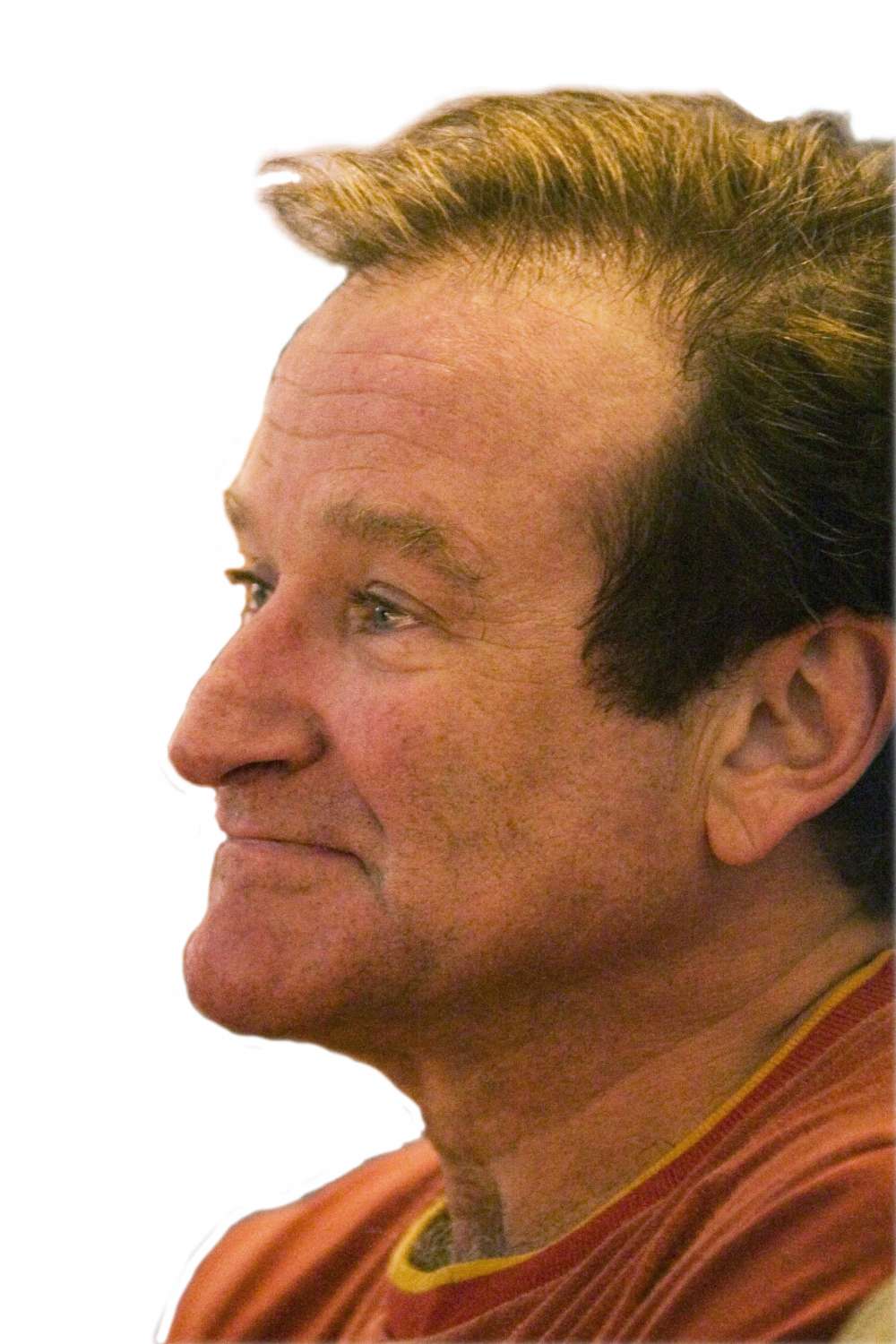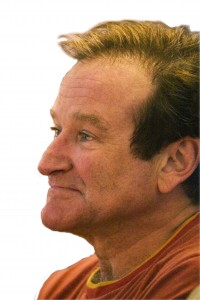By Kim Renner
Robin Williams was an actor known widely throughout the world. For many, he was a symbol of childhood. He played major roles in popular children’s movies such as “Aladdin,” “Hook,” “Flubber,” and countless other great films. His recent suicide has brought the undeniably powerful struggle of depression into the spotlight. The news that Williams fought depression for many years was a surprise to many.
Williams was always regarded by the general public as a good man who brought smiles and entertainment to the lives of others, no matter what inner battles he was fighting deep inside. He was successful in the business of making others happy, yet sadly he could not do this for himself.
Williams suffered from an addiction to alcohol and cocaine, which began in the early 80s when he first rose to fame. He quit abruptly after witnessing the fatal heroin and cocaine overdose of John Belushi.
When his wife at the time became pregnant with his son Zak, Robin Williams realized that he could not continue abusing drugs and alcohol. . He was afraid of going further down into the dark and engulfing abyss of addiction.
“The Belushi tragedy was frightening,” Williams told People. “His death scared a whole group of show-business people. It caused a big exodus from drugs. And for me, there was the baby coming. I knew I couldn’t be a father and live that sort of life.”
Williams had been sober for 20 years before relapsing back into cocaine and alcohol abuse.; He checked himself into rehabilitation in 2006. Zak was a compelling reason for Williams to try to sober up this time too.
“There was an ultimatum attached to it. I’m pretty confident that if he continued drinking, he would not be alive today,” Zak told The Times.
These inner demons were a life-long struggle for Williams as we can see from his various interviews concerning addiction. The temptation of using and drinking were ever-present. “Cocaine for me was a place to hide,” Williams told People in 1988.
He joked more than once about the dangers of cocaine addiction and of his own issues with alcohol abuse. He was not secretive about his struggles. He even commented once about how Mel Gibson’s public problems with cocaine usage took the pressure off of him for a while.
Williams even described the temptation in action to Parade magazine in 2013. “One day I walked into a store and saw a little bottle of Jack Daniel’s. And then that voice — I call it the ‘lower power’ — goes, ‘Hey. Just a taste. Just one.’ I drank it, and there was that brief moment of ‘Oh, I’m okay!’ But it escalated so quickly. Within a week I was buying so many bottles I sounded like a wind chime walking down the street. I knew it was really bad one Thanksgiving when I was so drunk they had to take me upstairs.”
Williams battled this addiction for over 30 years. He even checked himself into a renewal center again only a few short weeks before his death. His issues with depression, however, were not something he spoke of often.
Williams was known to be such a kind man who loved making others smile. He seemed to not fit the typical Hollywood personality profile at all. He was a down to earth, good hearted person according to many who knew him. Although open about his drug and alcohol addictions, he seemingly suffered from depression alone and in silence. This is a tragic, decade-long story that should not be ignored. Williams may have become a god-like figure in audiences’ eyes, as many Hollywood figures become, but in truth, he fought the same emotional battles that the less-fortunate fight every day of their lives.




